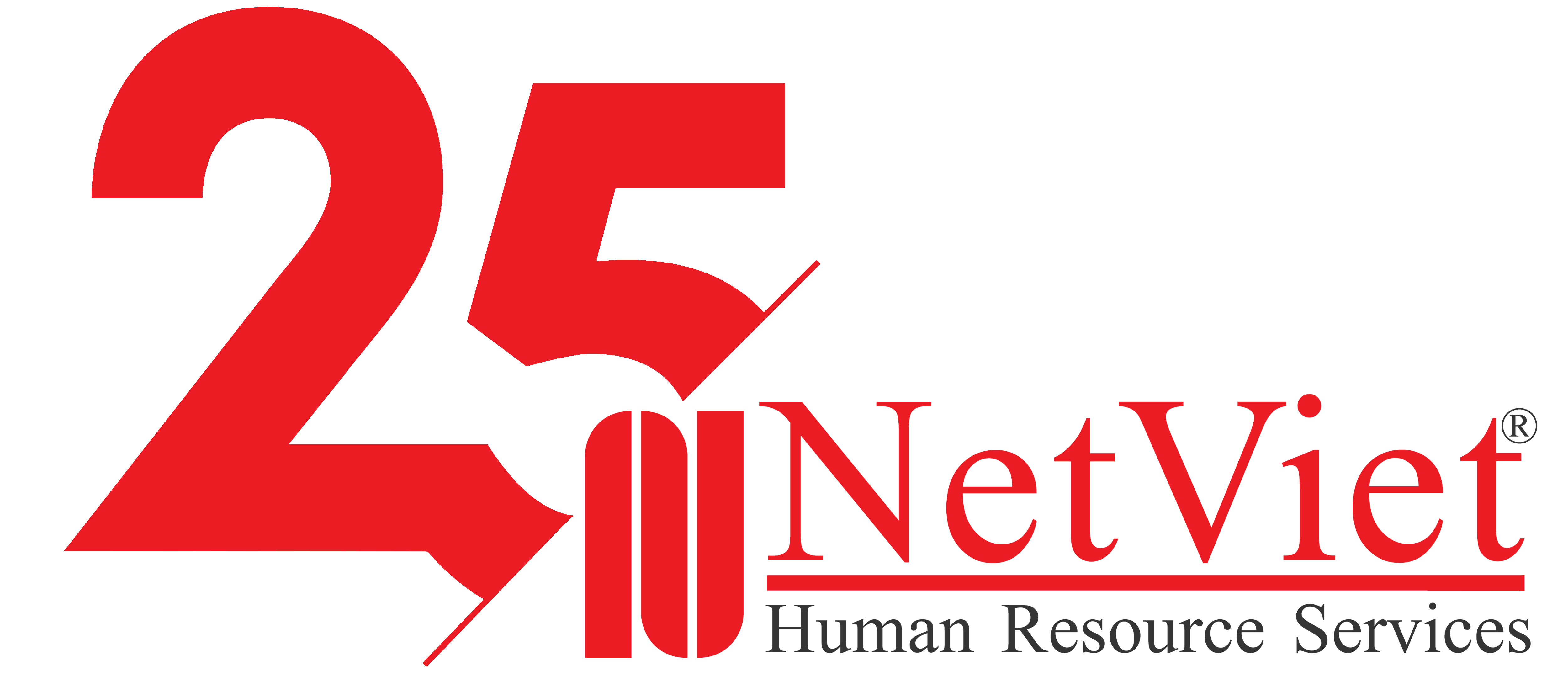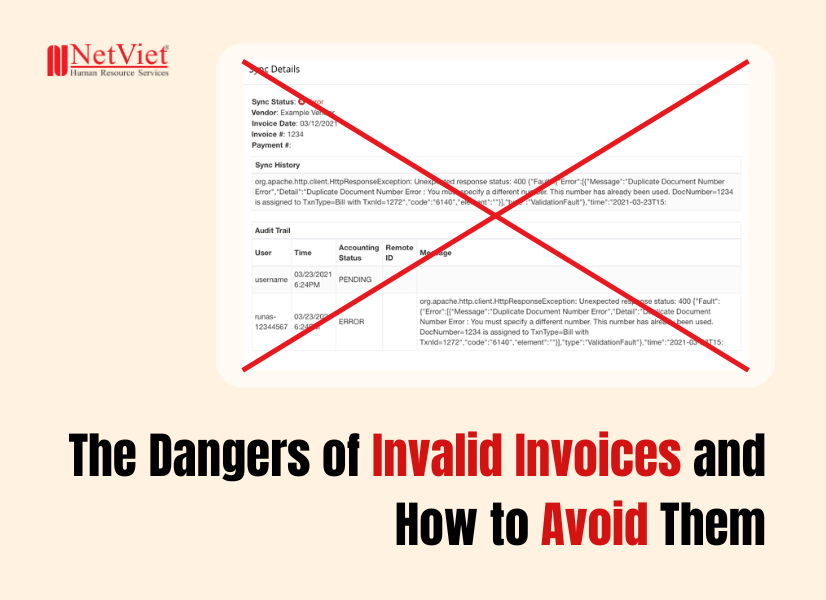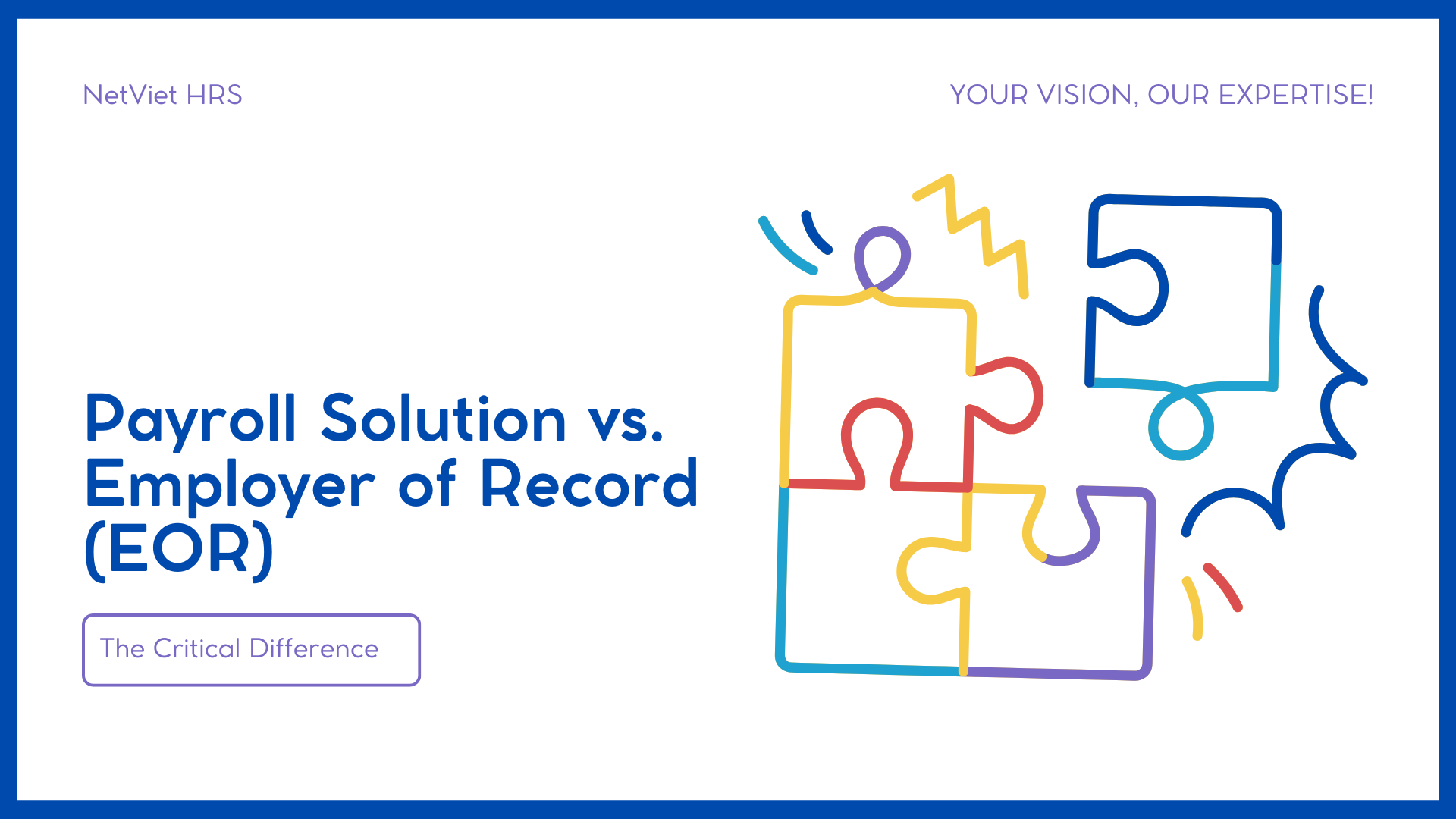Table of Contents
ToggleIntroduction
In today’s business environment, maintaining accurate and compliant invoicing is essential for financial stability and legal integrity. Invoices are not merely transactional records; they are vital tools for tax reporting and financial transparency. However, when invoices are invalid—whether due to omissions, inaccuracies, or fraudulent activities—they can have devastating consequences, this article delves into the dangers of invalid invoices, explores common pitfalls, and offers actionable strategies to avoid them. We also highlight how NetViet HRS can help your business stay compliant and safeguard against these risks.
Definition of a Valid and Invalid Invoice
A valid invoice is a legally compliant document that accurately represents a transaction between a buyer and a seller. It includes all necessary information to meet both legal and accounting standards. Here are the essential elements of a valid invoice:
- Unique Invoice Number: Each invoice must have a unique identifier.
- Date of Issue: The date when the invoice was created.
- Seller’s Information:
- Company name.
- Company address.
- Tax department code.
- Tax Identification Number (TIN).
- Buyer’s Information:
- Company name.
- Company address.
- Tax Identification Number (TIN).
- Description of Goods or Services: Detailed description of the items or services provided.
- Quantity and Unit Price: The number of items or hours worked and the corresponding price per unit.
- Total Amount Due The sum of the subtotal, taxes, and any applicable discounts or charges.
- Tax Details: Applicable tax rate and amount, are clearly stated.
- Payment Terms: Payment due date and accepted payment methods.
Why Your Invoice Might Be Invalid?
- Missing or Incorrect Information:
- No unique invoice number.
- No issue date or incorrect date.
- Missing or incorrect company name or address.
- Absence of a tax department code.
- Missing or incorrect Tax Identification Number (TIN).
- Incorrect or incomplete description of goods or services.
- Missing or incorrect quantities and unit prices.
- Errors in the total amount due.
- Absence of tax rate or incorrect tax calculation.
- Missing payment terms.
- Formatting Errors:
- Inconsistent numbering sequences.
- Non-standard format not in compliance with local regulations.
- Fraudulent or Unauthorized Changes:
- Altered amounts or descriptions.
- Forged signatures or stamps.
- Use of a fake company name or address.
- Use of Prohibited or Incorrect Tax Codes:
- Using tax codes not registered with the authorities.
- Applying incorrect tax rates.
Such errors not only undermine the validity of the invoice but can also lead to severe financial and legal consequences.
The Importance of Accurate and Compliant Invoice
Accurate and compliant invoices are crucial for several reasons:
- Financial Accountability: Proper invoicing ensures that all transactions are accurately recorded, supporting effective financial management.
- Legal Compliance: Compliant invoices are essential for adhering to tax laws and regulations. Non-compliance can result in audits, penalties, or even legal action.
- Business Reputation: Companies known for accurate and transparent invoicing practices build trust with clients, suppliers, and regulators, enhancing their market reputation.
The Potential Consequences of Using Invalid Invoice
Using invalid invoices can lead to serious repercussions, including:
- Tax Penalties: Regulatory authorities may impose fines or demand back taxes, along with interest, if they find that invalid invoices were used in tax filings.
- Financial Losses: Invalid invoices can lead to overpayments, under-collection of receivables, or discrepancies that require costly corrections.
- Legal Liability: Businesses can face civil or criminal charges if invalid invoices are linked to fraudulent activities.
- Reputational Damage: Persistent issues with invoice validity can tarnish a company’s reputation, making it harder to maintain client and vendor relationships.
The Harm of Invalid Invoices
The impact of invalid invoices extends beyond financial losses and can have severe long-term consequences.
Tax Implications
- Penalties and Interest: Tax authorities may impose penalties for underreported income or disallowed expenses due to invalid invoices.
- Audits: Invalid invoices can trigger audits, which are time-consuming and can disrupt business operations.
- Criminal Charges: In cases of deliberate tax evasion, companies and their executives can face criminal prosecution, resulting in fines or imprisonment.
Financial Losses
- Overpayments and Underpayments: Invalid invoices can lead to incorrect payments, affecting cash flow and profitability.
- Increased Operational Costs: Resolving issues related to invalid invoices can be resource-intensive, involving time, personnel, and financial resources.
Legal Consequences
- Civil Lawsuits: Businesses may face lawsuits for breach of contract or fraudulent activities related to invalid invoices.
- Criminal Penalties: In severe cases, involvement in fraudulent invoicing can lead to criminal charges against the company and its employees.
Damage to Reputation
- Loss of Trust: Invalid invoices can erode trust with clients, partners, and regulators, impacting future business opportunities.
- Increased Scrutiny: Companies with a history of invoicing issues are more likely to be subjected to regulatory scrutiny.
How to Avoid Invalid Invoice?
Preventing invalid invoices requires a proactive approach that includes internal controls, employee training, and diligent vendor management.
Internal Controls and Procedures
- Multi-Level Approval Processes: Implement approval workflows to ensure multiple stakeholders review all invoices.
- Automated Systems: Use software solutions to flag anomalies and validate invoice details against purchase orders and contracts.
Employee Training and Awareness
- Regular Training Programs: Educate employees on the importance of accurate invoicing and the risks associated with non-compliance.
- Fraud Detection Awareness: Train staff to recognize signs of fraudulent invoices, such as unexpected changes in vendor information or invoice details.
Vendor Verification and Due Diligence
- Vendor Background Checks: Conduct thorough background checks on new vendors, including verifying their business credentials and tax information.
- Ongoing Monitoring: Regularly review vendor performance and transactional history to detect any irregularities.
Regular Audits and Reviews
- Internal Audits: Conduct regular internal audits to review invoice accuracy and compliance.
- External Audits: Engage external auditors to provide an objective assessment of your invoicing practices.
Compliance with Tax Regulations
- Stay Informed: Keep up-to-date with changes in tax laws and regulations to ensure all invoices meet legal requirements.
- Consult Experts: Work with tax professionals to implement best practices and address any compliance gaps.
Choose NetViet: Your Partner in Invoice Compliance
Ensuring invoice compliance can be complex, but with the right partner, you can navigate these challenges effectively. NetViet HRS offers comprehensive solutions to help businesses manage their invoicing processes and avoid the pitfalls of invalid invoices.
Our Dedicated Team of Experts
To ensure the accuracy and validity of all invoices, we’ve implemented a robust two-tiered verification process. Our dedicated team of experts, consisting of both BO specialists and accountants, works collaboratively to review and validate each invoice. This dual approach allows us to identify and address any potential errors or discrepancies, minimizing the risk of using invalid invoice.
Risk Mitigation Strategies
NetViet HRS provides customized risk mitigation strategies, from robust internal controls to regular audits, helping you minimize risks and protect your financial health.
Tailored Solutions to Meet Your Specific Needs
Our solutions are designed to address your unique business requirements, whether you need help with a specific aspect of invoicing or comprehensive support across your financial operations.
Peace of Mind and Compliance Assurance
With NetViet HRS as your partner, you can focus on growing your business, confident that your invoicing processes are efficient, transparent, and compliant with all regulations.
______________
NetViet offers comprehensive HR solutions for businesses entering or expanding in the Vietnamese market. Established in 2000, NetViet provides expert, seamless, and compliant HR solutions.
Follow NetViet for the latest industry updates and more:
- Phone: +84 28 6261 7310
- Email: info@netviet.com.vn
- Website: www.netviet.com.vn
- Facebook | LinkedIn | Twitter














